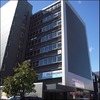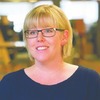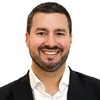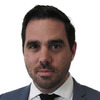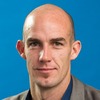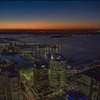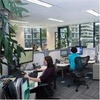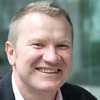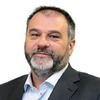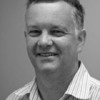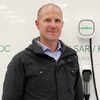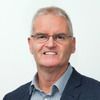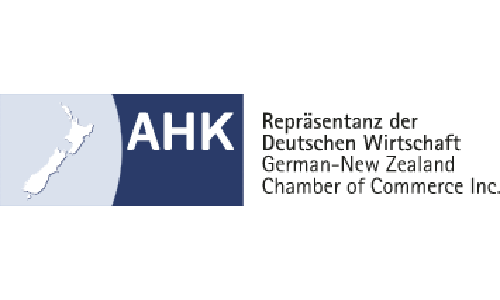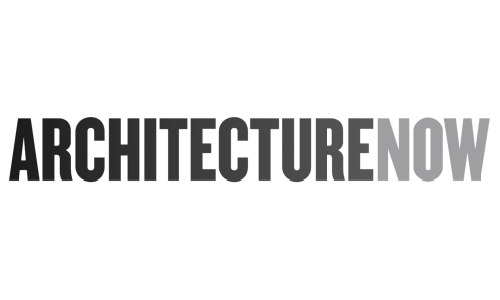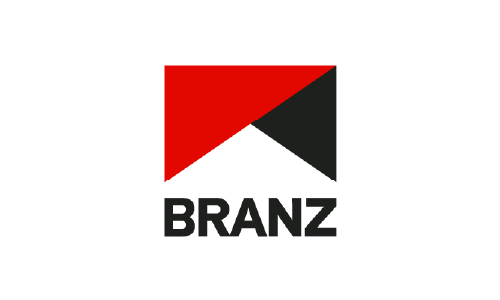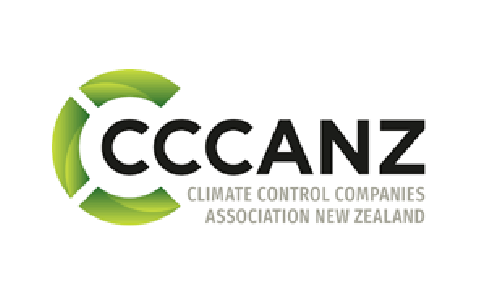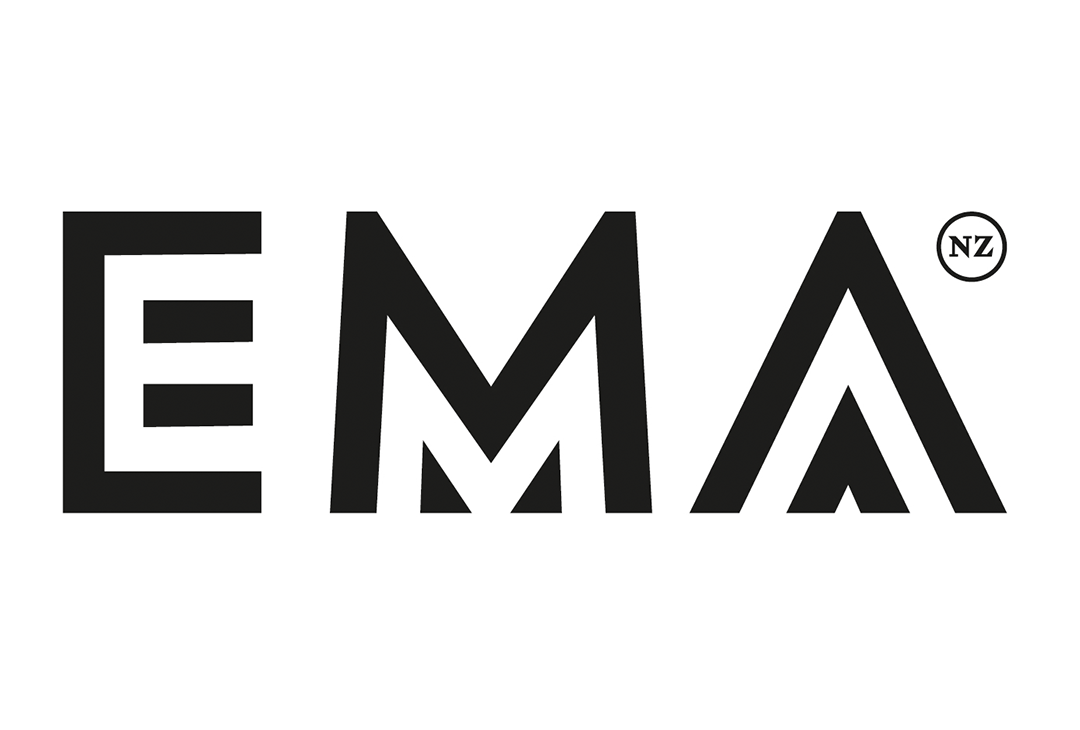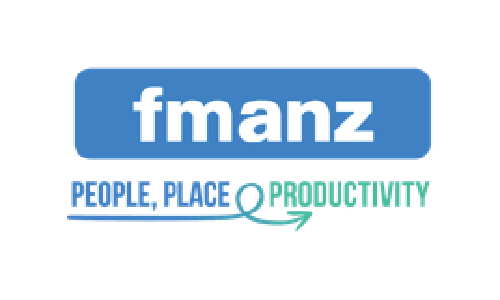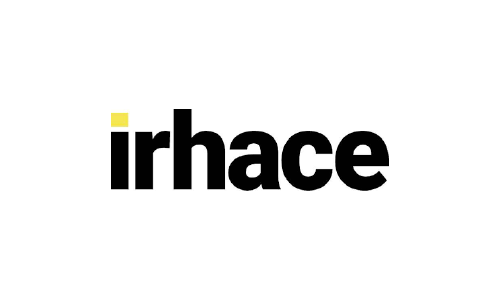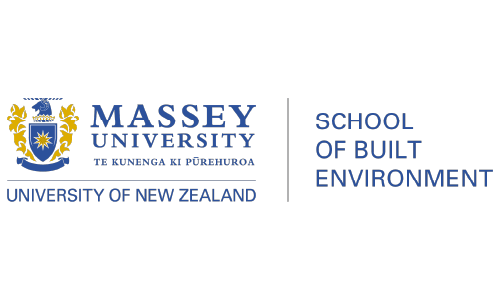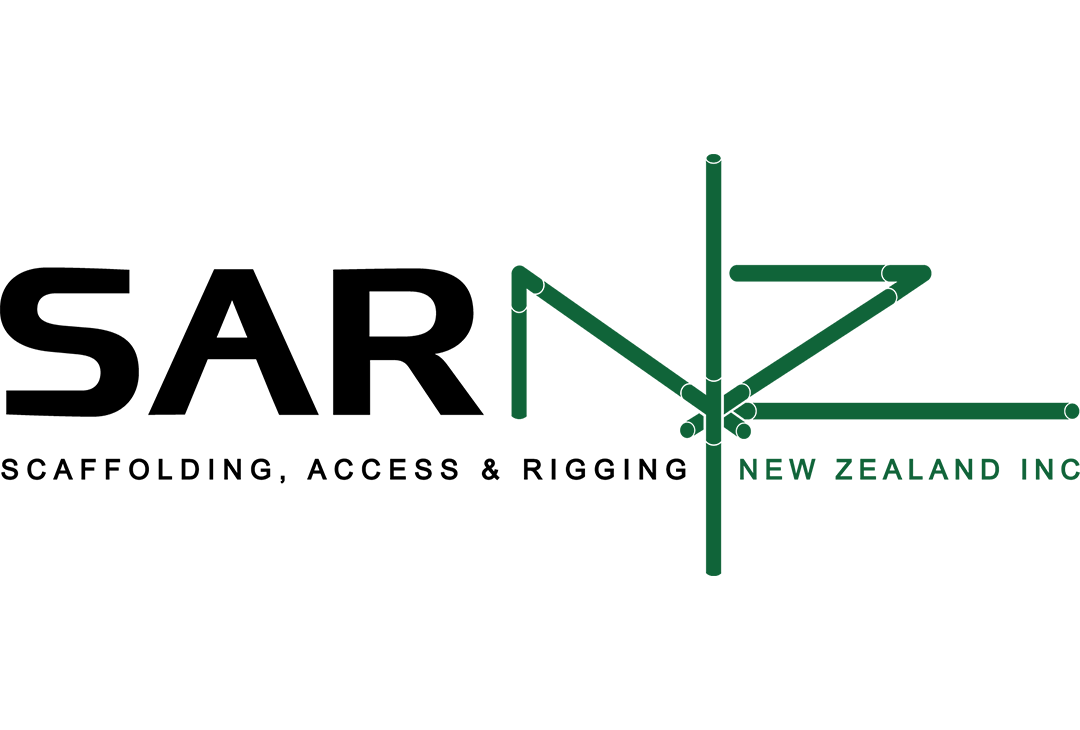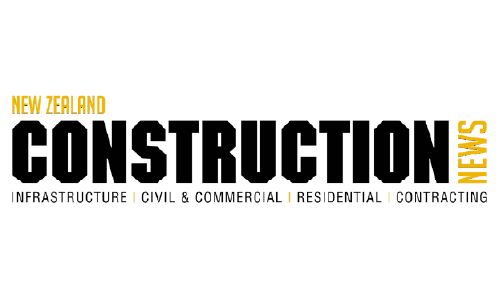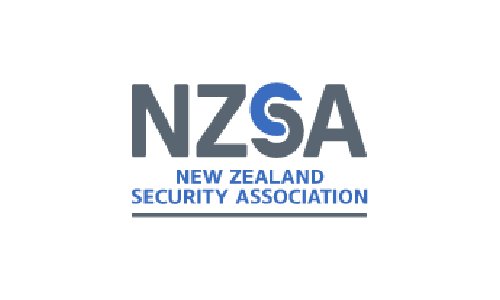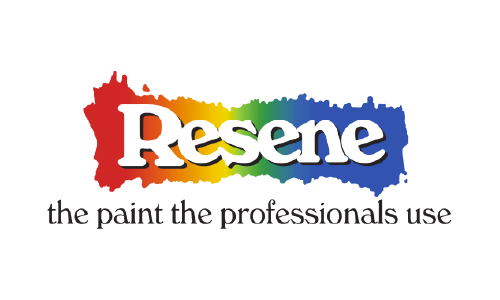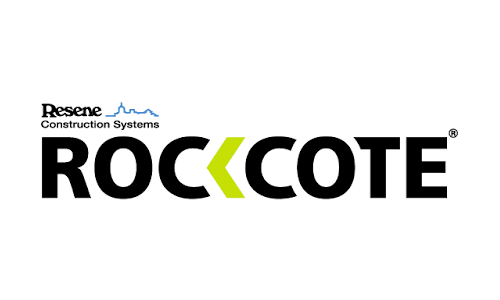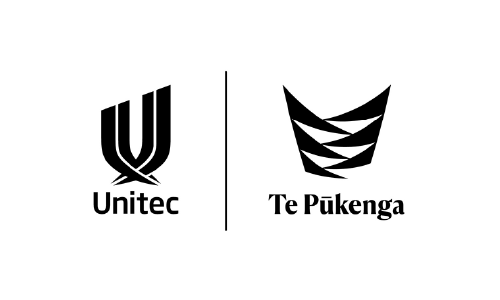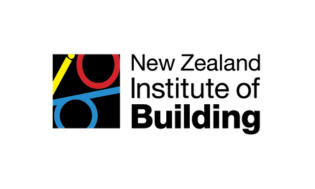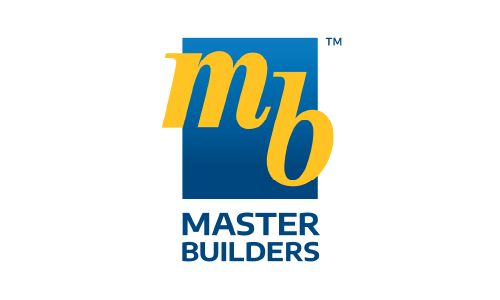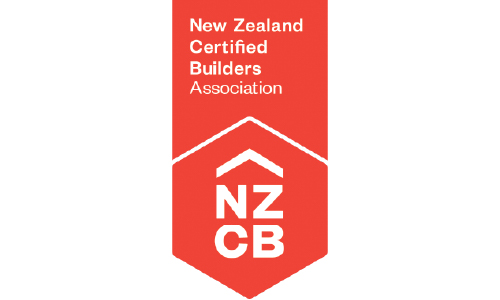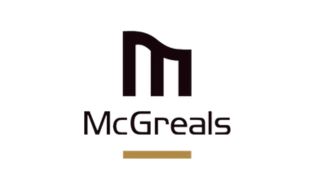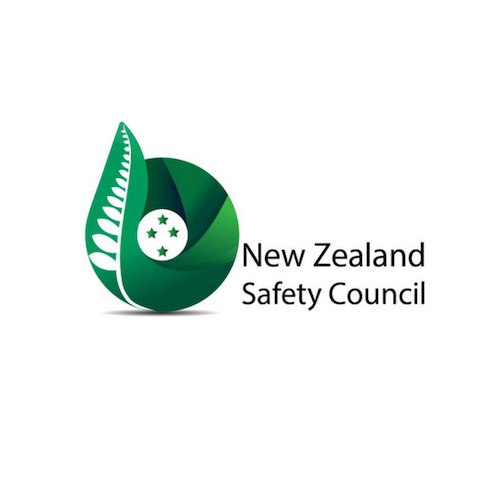Spotless Seminar Series

Attend the free Spotless Seminar Series to up-skill and expand your knowledge on topics showcasing the latest trends and insights within the facilities management and system integration industries.
Seminar seating is on a first come, first served basis.
Visitors must be registered to attend the free seminars.
- All
- Tue
Tuesday 24 September
Safety at Height with David Karam (APS Ltd)
10am-11am
Working at height remains one of the biggest and most common causes of injuries and fatalities on facilities all over the world. The cost of these falls in New Zealand is estimated to be NZ$24 million a year, an amount which doesn’t speak to the human cost as a result of these falls.
In this hands-on demonstration, David will show you how contractors can work safely at height and how in the event of a fall, by using key personal protective equipment (PPE) and rescue devices, a rescue can be performed quickly and safely.
Facility roof access is inevitable – make sure you’re equipped to provide a safe working environment for staff and contractors alike.
Why BIM?
11:30am-12:15pm
Better utilisation of BIM can unlock many of the cost and programme challenges currently facing the New Zealand construction sector, as well as providing benefits across the life of the building.
However, a large number of the industry’s current projects are falling short of optimal BIM usage. Jasmax’s Melanie Tristram, Beca’s Andrew Field and Assemble’s Steve Davis – who have collectively authored the third edition of the New Zealand BIM Handbook – will facilitate a lively discussion around the industry’s adoption of the technology and the collaborative behaviours required to ensure clients receive accurate, timely and meaningful data.
The Danger of Occupying a Building Without a Code of Compliance
1pm-1:45pm
In this day and age of increased health and safety, many businesses and undertakings are missing the obvious – occupying a building without a Code of Compliance is dangerous!
A building project is not finished until it is signed off with a CCC (or in some cases, a CPU).
What’s more, a CCC/CCP is required for there to be a Compliance Schedule and a Fire Evacuation Scheme. Do you have these?
Don’t miss the chance to hear tips and tricks from an industry expert, to ensure your building is up to current standards.
IoT to The Rescue
2pm-2:45pm
IoT is changing the way humans live. By being able to collect data from the real things in our lives, we can lower power consumption, farm better, help people with disabilities, plus many more innovative applications.
Connected technology has an equalising effect, that can be a particular help for people with disabilities – by making our spaces more interactive, more welcoming and more human.
Connecting things to the internet is, unsurprisingly, an essential piece of the Internet of Things. But when it comes to evaluating what type of network connectivity is best for a given IoT solution, it can feel like there are an overwhelming number of options. Cellular, satellite, WiFi, Bluetooth, RFID, NFC, LPWAN, and Ethernet are all possible ways to connect a sensor/device. And within each of these options, there are different providers.
Last but certainly not least in any implementation of IoT, it is important to consider IoT security. Not just your device but what your device can do to the internet.
In this 30-minute seminar slot, Ulrich Frerk (founder of Adroit) and Scott Pollard (country manager of IoT for Vodafone NZ) will dive into the most innovative and impressive ways that IoT is assisting those with disabilities, how companies collect and use data from their things, how NB-IoT fits in, and how Vodafone is leading the way in the IoT space and IoT security.
Working Together Towards Zero Waste by 2040
3pm-3:45pm
Introducing Auckland’s Waste Plan – which has an aspirational vision for Auckland to be Zero Waste by 2040 – taking care of people and the environment, and turning waste into resources.
In this panel discussion, hear practical examples of what businesses and the commercial sector are doing to reduce waste over a range of industries including shopping malls, the construction and demolition sector, and Auckland Council – the latter of which has reduced waste by 30 per cent over the last six years and is now including waste outcomes in its procurement of services.
Drones, UAVs & RPAS in Today’s Facilities Management Framework
4pm-4:30pm
This must-see seminar will discuss the current role of drones in modern facilities management, engineering and construction, which includes such activities as: external services/structural scoping and post-project retention release assessments; insurance damage assessment; full 3D modelling and asset condition capture; inspection, reporting and maintenance planning; photography and video of specific construction feature inspections, truss, precast, roofing etc; and photography for monthly construction progress reports.
Topics covered will also include the de-risking of drones from a health and safety perspective, along with Civil Aviation Authority (CAA) compliance, insurances and subcontractors.
The future roles and risk of drones to facilities management, engineering and construction will then be presented, from security monitoring and delivery (risk AND reward) to time-critical medical and first responder care/assistance, real-time built environment progress and response, and more.
- Wed
Wednesday 25 September
Net Zero Carbon Buildings for Aotearoa
10am-10:45am
Buildings contribute a large portion of our national carbon emissions. More importantly, they contribute far more to our lives than simply carbon.
The Green Building Council, alongside Enviro-Mark Solutions, is developing a framework to shift our buildings to net zero carbon, and as part of that framework a comprehensive net zero carbon building certification for existing commercial buildings.
This framework and certification are being launched alongside Facilities Integrate.
Over time, it will be developed into a comprehensive standard that could be used to decarbonise all of Aotearoa’s buildings.
Sam’s presentation will give you an outline of this standard and how you can meet the growing demand from both central and local government, industry and building occupants to improve building performance.
Cyber Attack: A Growing Invisible Threat for Physical and Digital Infrastructure
11am-12pm
Cyber threats continue to evolve as fast as technology changes and it is now difficult to find an industry sector, technology or organisation that is immune to cyber risks.
Because cyber means are being used to achieve an increasing array of nefarious outcomes all over the world, it is important to understand how you might mitigate the complexity of converged security within physical and digital infrastructure.
In this panel discussion hosted by Optic Security Group, cybersecurity industry experts will provide practical steps for how to secure critical infrastructure, which is increasingly reliant on systems and technology.Bringing Sustainability to FM
12:15pm-1pm
Whole of Life (WoL) thinking as a sustainability initiative.
A review of the challenges facing the industry in achieving sustainable outcomes.
How will the industry respond and what role can we play, in our businesses, in our contracts and individually.
Optimise Operational Efficiency in Facilities Using Industrial IoT
1:15pm-2pm
Introducing sensor-based smart technologies to buildings and other facilities is the initial step towards gaining comprehensive insights into the performance of multiple factors including HVAC, electricity and water consumption, lighting, occupancy and more.
The next, and more important step towards a greater number of intelligent buildings, is the integration and practical use of the data being generated by multiple assets and from hundreds or even thousands of sources.
Michael Welzel will explore the concepts of the Industrial Internet of Things, discuss what data can be generated, how it is transmitted, collected and integrated, and how it can be used by facilities managers in the pursuit of improved efficiency, reduced emissions and lowered operational costs.
Whether a single facility or across a portfolio of properties, Welzel will explain how the Internet of Things is revolutionising building management in New Zealand today.
Electric Vehicles in Infrastructure Simplified
2:15pm-3pm
Electrified transport is a hot topic currently. The price premium to drive an electric vehicle can be seen as a positive as it buys the building industry time to put plans in place and ready itself for the rush as prices begin to drop.
The automotive and electrical industries are having to learn a lot about each other, but the building industry must have an understanding of both to ensure facilities cater for EV charging requirements.
But there are so many new terms, it can be hard to know what is actually required. Understanding the power and energy an EV needs (and not what it could take) is essential to ensuring buildings are prepared, without making mistakes based on misinformation.
Simplifying EV charging and working out what is important will minimise the chance of making costly mistakes. Everyone is in this together and it is vital we learn from what has already been done (both good and bad) and the lessons gleaned along the way.
PROUDLY PRESENTED BY:

